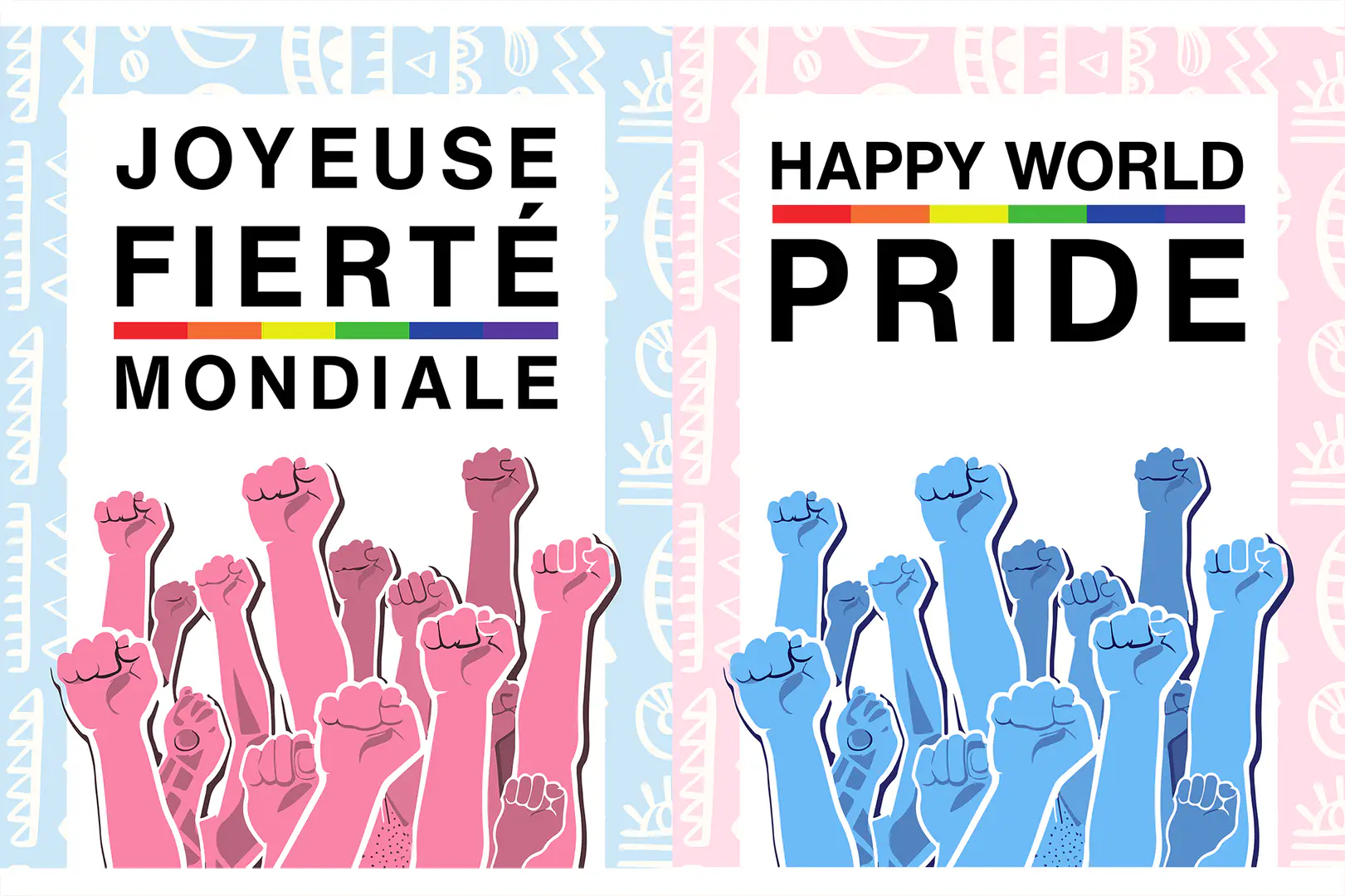

This Pride Month, we’ve been asking: what does Trans African Pride look like?
For us, it means looking inward — to our histories, our languages, our spiritual beliefs, and the everyday lives of those who came before us. It means unearthing the truths that colonialism tried to bury, and reclaiming the threads of our histories that were never truly lost.
As we mark International Pride Month under this year’s theme ‘Fabric of Freedom’, we are reminded that our trans histories have always been woven into the fabric of our beautiful continent. From sacred deities who embody divinity beyond the binary, to historical figures who defied colonial gender norms, to everyday expressions of trans love and kinship — we are remembering that transness is not un-African. It is indigenous, intentional, and interwoven with who we are.
So, this International Pride month, we’re inviting you to explore our past with us, not just for curiosity’s sake but in an act of remembering as resistance. Because we know that transness and queerness have never been ‘unAfrican’ – and retelling our stories is more than an academic exercise, it’s a tool for liberation!


Before colonisers arrived with rigid binaries, our ancestors already knew the divine could not be contained by the gender binary.
Among the Ga-Adangbe people of Ghana, Togo and Benin, the supreme being Ataa Naa Nyongmo, the sky deity, source of rain, sun, and life itself was revered as both male and female. A nurturing force. A cosmic power. Neither one nor the other — but both.
Under Ataa Naa Nyongmo, our non-binary and fluid siblings were seen not as outsiders but intentional, sacred creations by the divine.
From the spirit that created the universe to the rain that feeds the soil, we are not reclaiming something foreign. We are remembering what has always been ours.


Love, too, has always existed beyond the binary.
Throughout the ages and across the continent, trans people before us lived, loved and claimed their status as a natural part of community life.
We know this not only through oral traditions, but from the very records colonial powers left behind. In their attempts to document and control, they inadvertently preserved evidence of trans people building families, forming partnerships, and living fully in love.
In Uganda, the mudoko dako lived as women and married men, embraced by their communities as wives and daughters. In Angola, Queen Nzinga called male consorts her wives and ruled as king, rewriting power and partnership on her own terms. Among the Igbo, Yoruba, and other communities, female husbands— who were assigned female at birth and assumed male social roles — married wives to sustain their lineages. In southern Africa, male wives – who were assigned male at birth and lived with and were married to men, dressed and were affirmed as women within their communities.
Trans love was not foreign. It was woven into the everyday, proof that love, partnership, and kinship have always taken many forms on this continent.
Trans love in Africa is not new.
It is ancient and enduring.


We are not outsiders, nor have we ever been.
The anti-trans movement today labels trans identity as “foreign” and “un-African”, falsely claiming that there is not place for trans and queer people in African society.
But when we look at our history and the countless examples of gender diversity from across the continent, we know that this has never been true.
While the term ‘transgender’ emerged in modern times, we have always had language to describe trans identities in our own words. And those words come with stories of belonging, whether in the realm of the spiritual or in love and family, trans Africans were accepted, even celebrated as vital members of our communities. We will not let them rewrite our history because we know that we have always belonged in our own land, among our own people and on our own terms.



